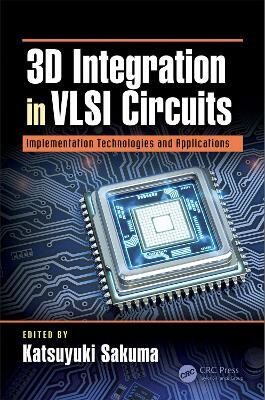3D Integration in VLSI Circuits(English, Electronic book text, unknown)
Quick Overview
Product Price Comparison
Currently, the term 3D integration includes a wide variety of different integration methods, such as 2.5-dimensional (2.5D) interposer-based integration, 3D integrated circuits (3D ICs), 3D systems-in-package (SiP), 3D heterogeneous integration, and monolithic 3D ICs. The goal of this book is to provide readers with an understanding of the latest challenges and issues in 3D integration. TSVs are not the only technology element needed for 3D integration. There are numerous other key enabling technologies required for 3D integration, and the speed of the development in this emerging field is very rapid. To provide readers with state-of-the-art information on 3D integration research and technology developments, each chapter has been contributed by some of the world's leading scientists and experts from academia, research institutes, and industry from around the globe. Covers chip/wafer level 3D integration technology, memory stacking, reconfigurable 3D, and monolithic 3D IC. Discusses the use of silicon interposer and organic interposer. Presents architecture, design, and technology implementations for 3D FPGA integration. Describes oxide bonding, Cu/SiO2 hybrid bonding, adhesive bonding, and solder bonding. Addresses the issue of thermal dissipation in 3D integration.


